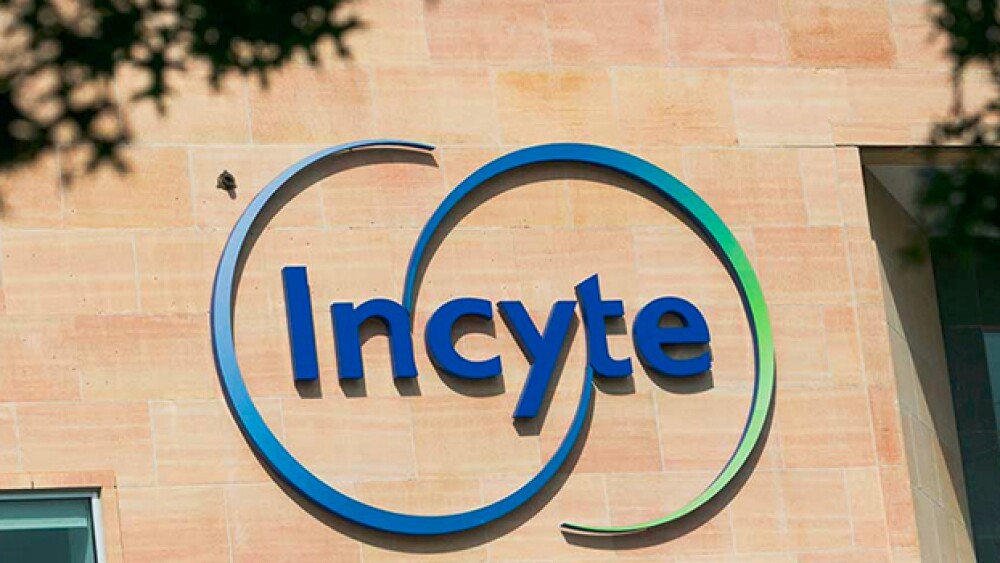The approval of Jakafi marks the first approved treatment for this indication in the United States.
Incyte Corporation went into the long, holiday weekend with a boost to its stock prices after the U.S. Food and Drug Administration (FDA) announced it had approved Jakafi for treatment of steroid-refractory acute graft-versus-host disease (GVHD) in adult and pediatric patients 12 years and older.
The approval marks the first FDA-approved treatment for this indication. Acute GVHD is a condition that can occur after a patient undergoes an allogeneic stem cell transplant. The donated cells initiate an immune response from the patient and then attack the transplant recipient’s organs. The disease can affect multiple organ systems including the skin, gastrointestinal (digestive) tract and liver. There are two forms of GVHD, acute and chronic. Acute GVHD typically occurs within the first 100 days following an allogeneic transplant and is classified based on clinical and histological features. Approximately 50% of patients with acute GVHD do not respond adequately to corticosteroid therapy, which is the current standard of care. The lack of response can lead to a severe form of the disease, which can be fatal within one year.
Incyte Chief Executive Officer Hervé Hoppenot said the approval of Jakafi, a first-in-class JAK1/JAK2 inhibitor, is an important milestone for these patients who have not had many options for care following these transplants. Hoppenot added that the approval is also an important milestone for Incyte, as the FDA approval marks the third one for Jakafi. Jakafi has also been approved for treatment of polycythemia vera in adults who have had an inadequate response to or are intolerant of hydroxyurea, as well as intermediate or high-risk myelofibrosis (MF), including primary MF, post-polycythemia vera MF and post-essential thrombocythemia MF in adults.
“We are proud of the impact Jakafi has had on patients’ lives to-date and are dedicated to advancing our ongoing research in JAK inhibition to serve more GVHD patients in the future,” Hoppenot said in a statement.
Approval of Jakafi for this indication was based on data from REACH1, an open-label Phase II clinical trial that tested Jakafi in combination with corticosteroids in patients with steroid-refractory grade II-IV acute GVHD. Trial data showed a 59% overall response rate (ORR) in the patients who were refractory to steroids alone. Of those patients, 31% showed a complete response to the medication, Incyte said. In addition, the best overall response rate (BORR), the number of patients achieving a response at any time point during the study, was 73%, the company said. The most frequently reported adverse reactions among all study participants were infections (55%) and edema (51%).
The FDA awarded Jakafi both Breakthrough Therapy Designation and Orphan Drug Designation for the treatment of patients with steroid-refractory acute GVHD. The supplemental New Drug Application was reviewed under the FDA’s Priority Review program.
Incyte had initially expected approval of Jakafi earlier this year, but in February, the FDA extended its target action date to May 24 in order to allow time for the agency to review additional data the company submitted in response to FDA requests. The submissions were such that they constituted a Major Amendment to the sNDA, causing the extension by three months, BioSpace reported earlier this year.





